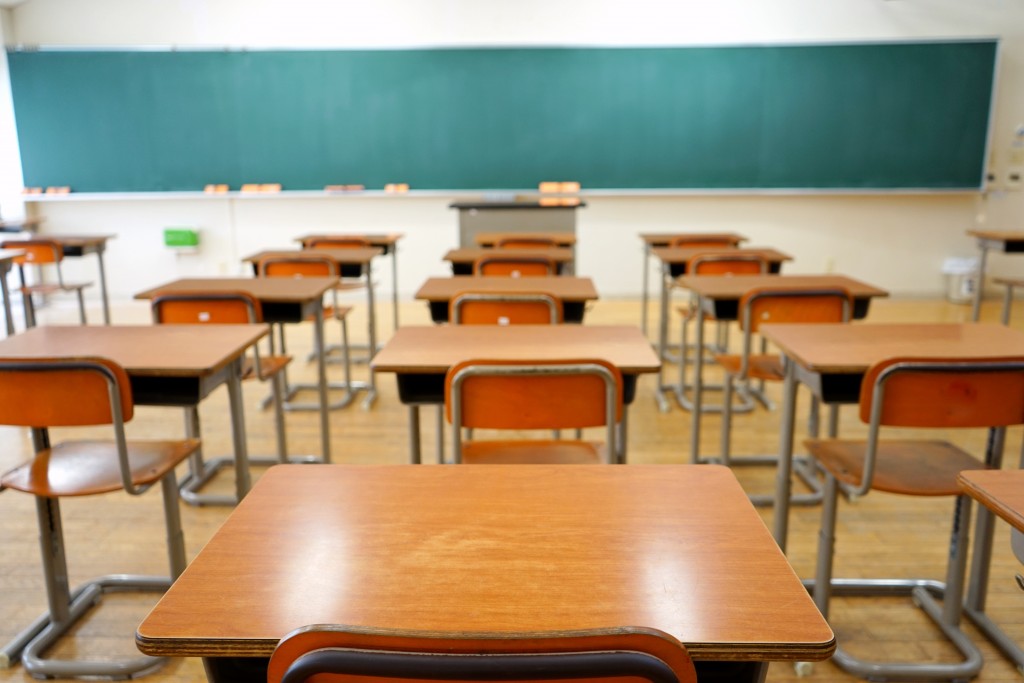Your kid is going to spend about 13 years in school, from pre-kindergarten to 12th grade. Assuming that they spend an average of seven hours a day at school, we’re looking at 16,380 hours. In college, students will spend four years to get a bachelor’s degree. If they spend seven hours a day for their classes, the total number of years they’ll spend in an academic setting is 17 years. That’s 21,420 hours.
They should definitely learn more than mathematics, literature, and science. They need to learn about organizational skills through classroom storage, as well as leadership skills, socialization, love for music and sports, and many more. Don’t let the school get away from taking up the cudgels of teaching these kids the basic life skills they need to survive. Perseverance, patience, and grit will get your kid far in life.
Character
What is character anyway? It’s the qualities that make up a person. These are the qualities that you will reach out to when you’re faced with a challenge. Are you an optimist or a pessimist? That’s a character. What do you do when you are faced with a challenging situation in life? Do you give up, or do you try to find a solution? Schools must build your child’s character. They must instill in your child a deep understanding of how the world works. They must know the value of grit and determination.
Social and Emotional Skills
One of the first social settings your kid will be introduced to is their school. There, they will get to know their teachers and classmates. They will see how others interact. They will notice the differences in people. When they are older, they’ll like some people more than others. Children have to learn how to interact with others. This is the only way they can survive in a world that’s increasingly becoming isolated by computers and tablets.
Organization and Multitasking

A recent study said that the quality of work suffers when people multitask. But come to think of it, can people survive without multitasking? With so many things happening around you, it’s impossible not to have your thoughts and ideas scattered. Your school should teach you how to organize not only your material things but also your thoughts. Getting involved in extracurricular activities will require some type of juggling. This ability to prioritize and multitask is an important component when you are ready to enter the workforce.
Analytical Skills
Children should learn how to analyze situations. This is the one skill that will help them deal better with problems, solutions, and relationships. How they interact with their peers will rely on how they analyze each relationship. There’s tension between your gym teacher and cheerleading coach. You hear someone saying something about another. You know that when this gets to the other person, more tension will ensue. What do you do about it? How you analyze this situation is indicative of how well you understand human relationships.
The school that you’ll choose for your child should help you mold them into a decent, respectable, and responsible human being. While the focus on academics is needed, there should also be programs aimed at inculcating important life skills and values. This partnership between parents and schools is what’s going to make a difference in your child’s life.




